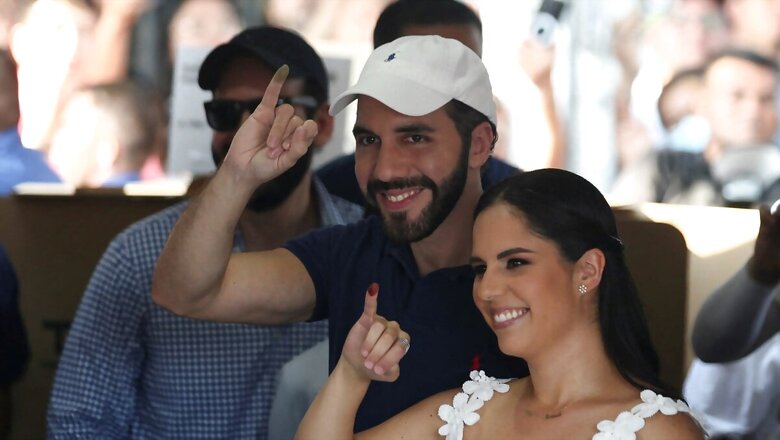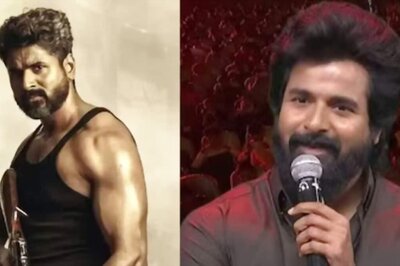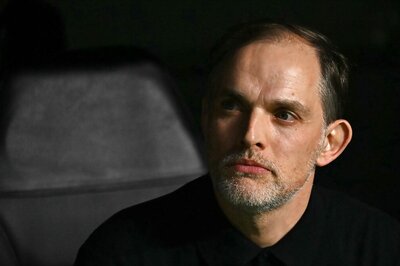
views
High on the landslide re-election in February, El Salvador President Nayib Bukele has announced 5,000 free passports for skilled workers, including engineers, doctors, and philosophers, to build a better future for the Central American nation.
“We’re offering 5,000 free passports (equivalent to $5 billion in our passport program) to highly skilled scientists, engineers, doctors, artists, and philosophers from abroad. This represents less than 0.1% of our population, so granting them full citizen status, including voting rights, poses no issue,” Bukele said in a post on social media platform X.
We’re offering 5,000 free passports (equivalent to $5 billion in our passport program) to highly skilled scientists, engineers, doctors, artists, and philosophers from abroad.This represents less than 0.1% of our population, so granting them full citizen status, including…
— Nayib Bukele (@nayibbukele) April 6, 2024
‘0% taxes and tariffs’
“Despite the small number, their contributions will have a huge impact on our society and the future of our country. Plus, we will facilitate their relocation by ensuring 0% taxes and tariffs on moving families and assets. This includes commercial value items like equipment, software, and intellectual property,” he said, adding “Stay tuned for more details.”
Not just skilled workers, Bukele is keen on getting foreign investment. Last month, El Salvador’s Congress approved a reform to remove income taxes previously imposed on money from abroad. Money flows from abroad in forms such as remittances and investments in companies will now be exempt from tax, lawmakers said.
Before the reform, incomes equal to or greater than $150,000 had to pay a rate of 30% at the time of entry into the country. “The initiative aims to stimulate domestic and foreign investment to boost the economy and generate better and more employment opportunities,” said lawmaker Suecy Callejas in Congress when defending the reform.
Landslide re-election
Bukele’s re-election was cheered by supporters of his gang crackdown, but Western analysts fear that the country is sliding into a de facto one-party state. The result grants Bukele unprecedented control of the assembly, where last term he used his party’s supermajority to reshape institutions and pack the courts. One such tribunal let him seek re-election despite a constitutional ban on consecutive terms.
In his victory speech on Sunday night, Bukele said the opposition had been “pulverized” on the back of his popular anti-gang crackdown and emphasized that his victory was the result of a free vote. “Democracy means the power of the people,” he said, lashing out at foreign governments, journalists and rights groups who have warned of an authoritarian drift and railing against the U.S. for its role in the country’s brutal 1979-1992 civil war. El Salvador had “made history” for electing a single party “in a fully democratic system,” he said.
(With agency inputs)




















Comments
0 comment